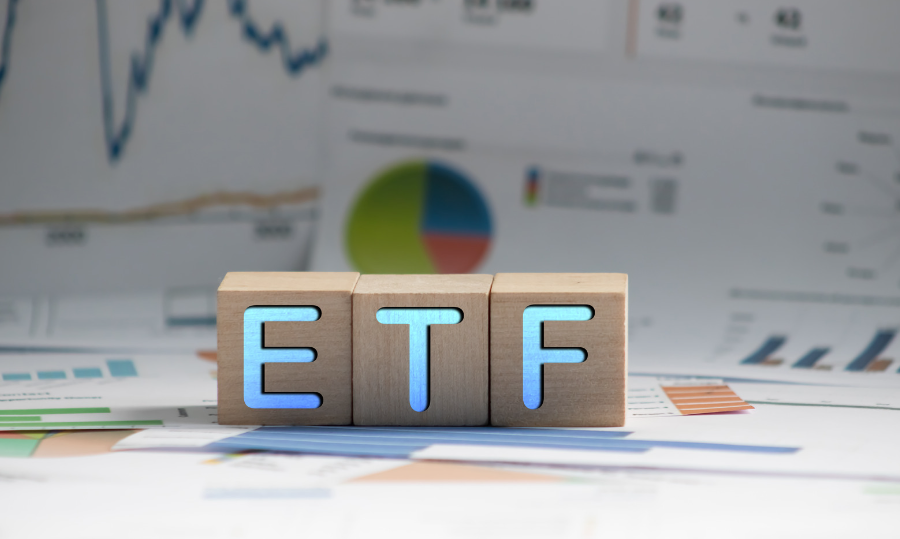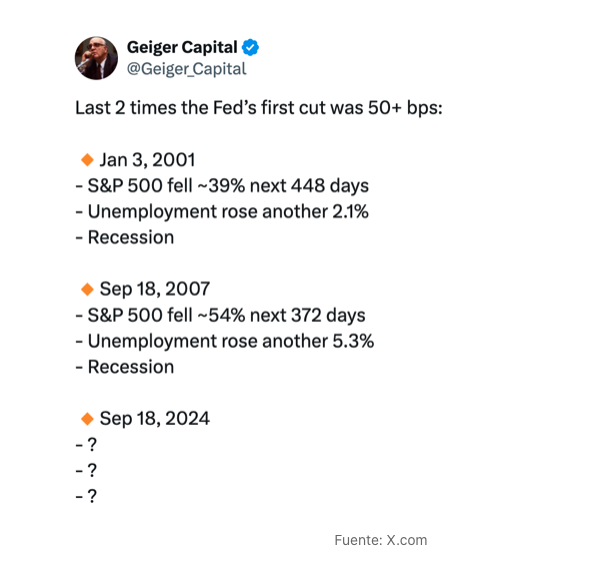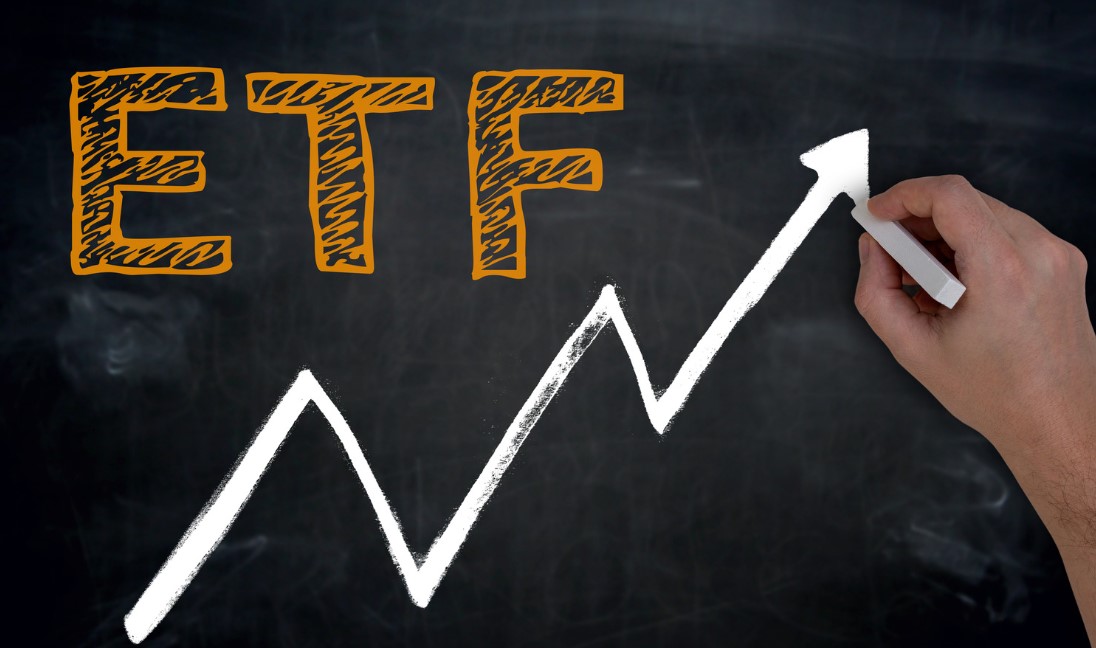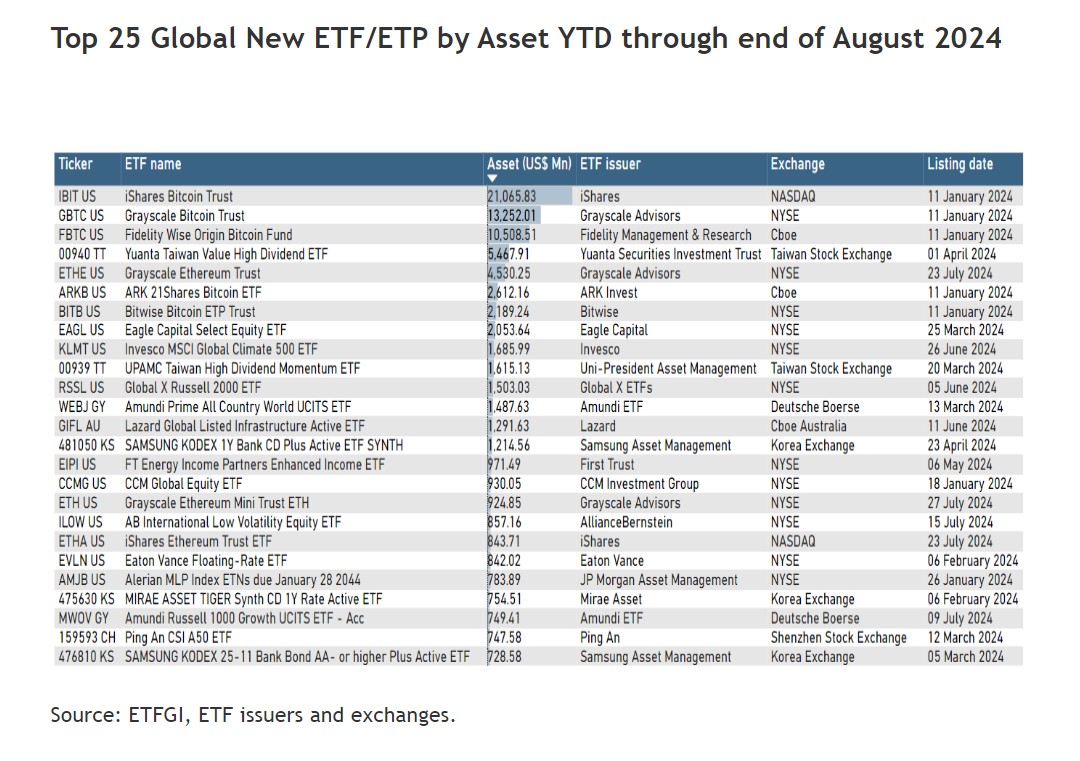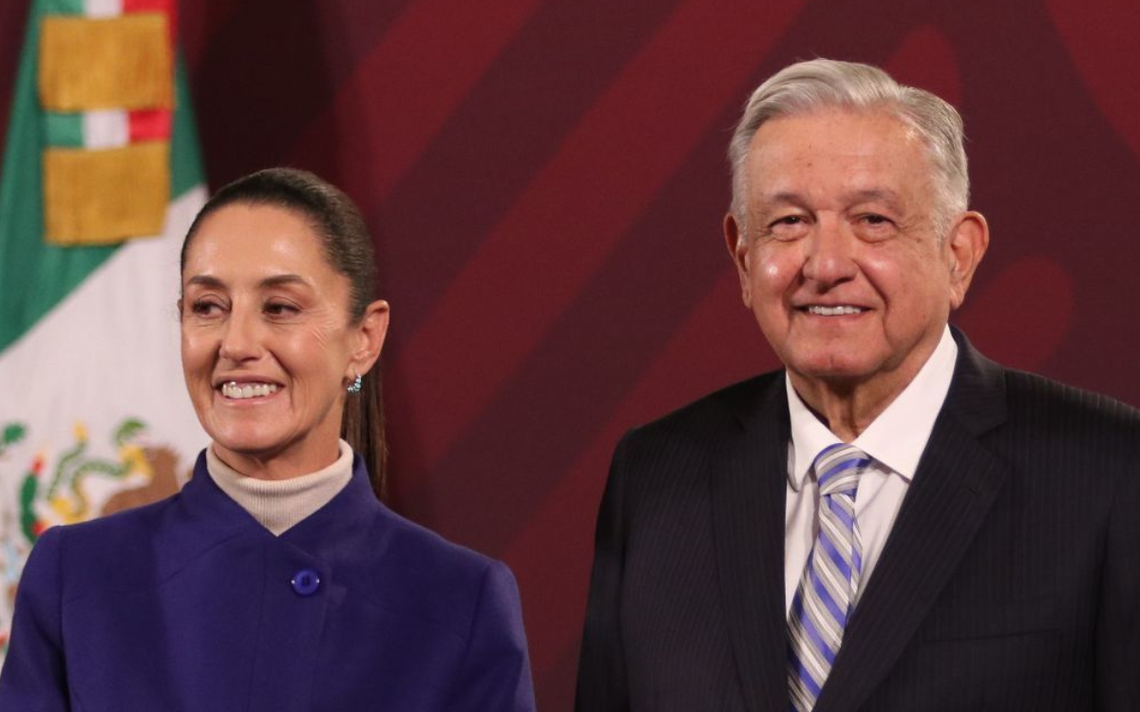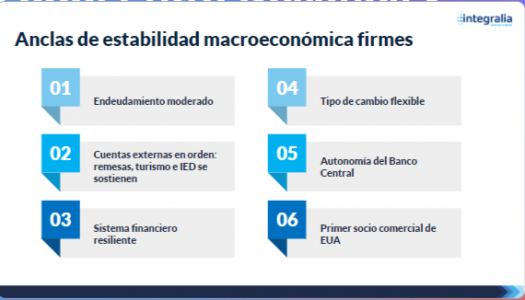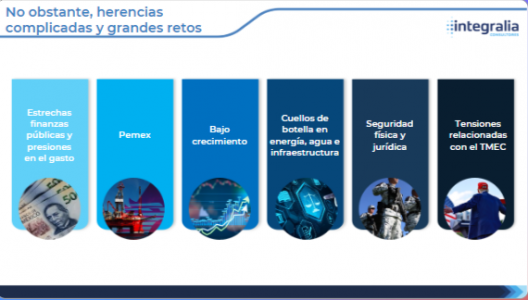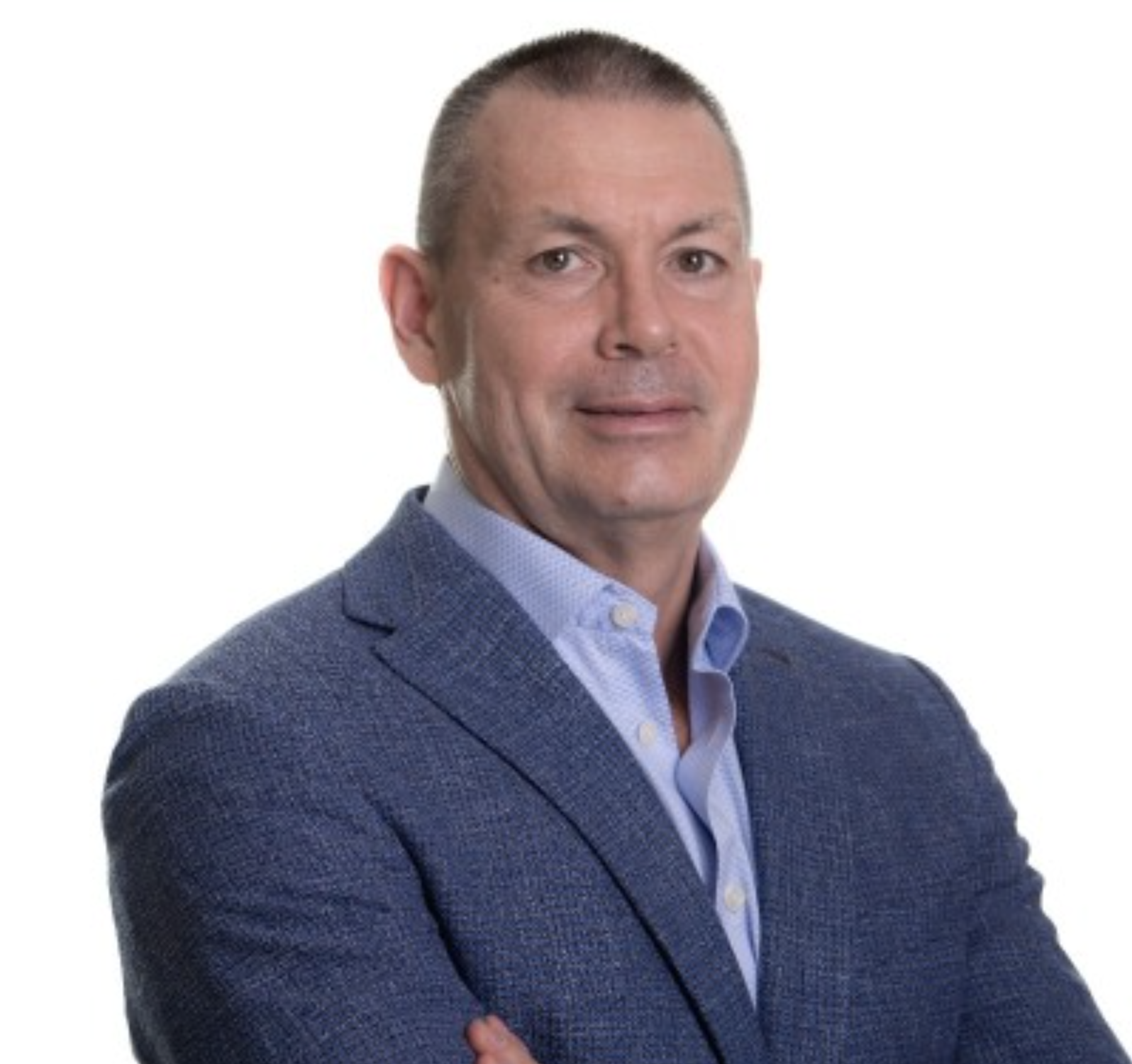
With the ambition of becoming the largest alternatives event in Latin America, investment firm Picton is gearing up to host its first Latam Summit. This event, expanding on the format of its traditional anniversary seminar, will attract a diverse range of high-level investors, GPs, and international LPs.
The summit will take place starting at 8:30 a.m. on Wednesday, October 16, and Thursday, October 17, at the Ritz-Carlton Hotel in Santiago, located in the Las Condes district.
According to Picton’s preview shared with Funds Society, the two-day event will feature the participation of hundreds of high-level investors and managers, including representatives from major global alternative brands. The summit will include over 80 speakers, more than 30 GPs, and over 500 representatives from more than 100 LPs, alongside family offices, insurance companies, pension fund managers, and industry players from across Latin America.
In addition to a series of panels focused on private equity, there will be segments covering topics such as pension funds (AFP), family offices, insurers, and wealth management. Over 1,200 business meetings are also scheduled to take place during the two-day event.
On the second day, after a morning of panels dedicated to various alternative asset classes, the 12th edition of the traditional seminar organized by Picton and El Mercurio will take place. As in recent years, the guest of honor is a prominent political figure: Boris Johnson, former Prime Minister of the United Kingdom. Johnson will deliver a speech titled after his most recent book, *The Churchill Factor*.
Picton Latam Summit is supported by several major names in the global alternatives management scene. According to the Chilean firm, KKR, EQT, TPG, Goldman Sachs Asset Management, Ares, and Morgan Stanley Investment Management are among the main sponsors, while Clearlake, TJC, Strategic Value Partners, Great Hill Partners, and Kelso Private Equity are in the golden sponsor category. The silver sponsor category includes American Securities, Permira, OHA, Macquarie, Vitruvian Partners, Centerbridge, Barings, M&G Investments, Federated Hermes, Kayne Anderson Real Estate, Archimed, Harvest Partners, and Hayfin.
Founded in 2011, Picton is one of the most prestigious names in Chile’s financial market. It is one of the leading placement agents for alternative assets and international mutual funds in Latin America and also participates in the multi-family office business. They have offices in Santiago, Bogotá (Colombia), and San José (Costa Rica), along with a presence in Mexico City through a partnership with 414 Capital.
Investor Perspectives
The program for Thursday, October 16, kicks off with welcoming remarks from Osvaldo Macías, Superintendent of Pensions of Chile, followed by a panel specializing in pension systems in Latin America. This session, moderated by Paulina Yazigi, president of the Chilean Association of Pension Fund Managers (AAFP), will feature the general managers of four pension funds: Alejandro Bezanilla from Chile’s AFP Habitat, Miguel Largacha from Porvenir, Juan David Correa from Protección (Colombia), and Aldo Ferrini from Peru’s AFP Integra.
Next will be the investment managers of pension fund managers. The following panel, focused on pension fund investment regimes, will include Carolina Mery from AFP Habitat, Andrés García from AFP Cuprum, Francisco Guzmán from AFP Capital (Chile), Felipe Herrera from Protección (Colombia), Rafael Trejo from Afore XXI Banorte (Mexico), and Juan Pablo Noziglia from AFP Prima (Peru).
Before moving on to panels dedicated to various client segments, Solange Berstein, President of the Financial Market Commission (CMF), will deliver an opening address.
Following this, investment managers from insurance companies will share their perspectives. Attendees will hear insights from Jorge Espinoza from Confuturo, Renato Sepúlveda from Consorcio, Jorge Palavecino from Penta Vida (Chile), Gustavo Morales from Global Seguros (Colombia), and José Pedro Martínez from Rimac (Peru).
Next will be the family office representatives, who will discuss portfolio construction and relationship development. This session will feature Mauro Bergstein, investment manager of Mercury (Brazil), Sebastián Piñera, general manager of Odisea, Patricio Leighton, general manager of Stars Investments (Chile), Raquel Fernández, investment manager of Cuestamoras (Costa Rica), and José Larrabure, investment manager of Allié Family Office (Peru).
Later, the focus will shift to expanding the wealth management spectrum. This discussion will be led by Leonardo Martins, investment manager of Turim, Eduardo Castro, investment manager of Portofino (Brazil), Gabriela Gurovich, general manager of Banchile Inversiones (Chile), Roberto Melzi, investment manager of Vicctus, and Ignacio Arróspide, investment manager of Creuza (Peru).
Private Capital Perspectives
After an invitation-only lunch and remarks from Pablo Antonio García, former Vice President of Chile’s Central Bank, a series of panels dedicated to private capital will take place.
The first will address North American private equity, featuring insights from Ted Oberwager, Partner of Private Equity North America at KKR, John Flynn, Partner at TPG Capital, and Prashant Mehrotra, Partner at Clearlake. The panel will be moderated by Miguel Gravat, Alternative Assets Manager at AFP Capital.
Next, the discussion will shift to European private equity, with Marcus Brennecke, Institutional Partner and Chairman of EQT, Chris Pell, Principal of Permira Equity, and Fabian Wasmus, Partner at Vitruvian Partners. The session will be moderated by Angélica Rojas, Alternative Assets Manager at AFP Cuprum.
Following that, a panel on mid-market private equity will be moderated by Francisco Mina, Foreign Investments Manager at AFP Habitat. This panel will feature perspectives from Rafael Cofiño, Managing Director at Great Hill Partners, Frank Leverro, co-CEO at Kelso, Rich Caputo, Chairman & Chief Executive Partner at TJC, Aaron Sack, Managing Director and Head of Capital Partners at Morgan Stanley, and Bill Chisholm, Managing Partner and CIO at STG.
Finally, there will be a session on innovation, focusing on venture capital. This conversation will include Matthew Brush, Managing Director at DST, Marc Bhargava, Managing Director at General Catalyst, and Alejandro Tocigi, Partner at Kayyak. The discussion will be guided by Matías Muchnick, co-founder and CEO of the Chilean foodtech unicorn, The Not Company.
Category Sweep
On the second day, Thursday, the morning will feature four segments, each dedicated to exploring perspectives in the major alternative asset categories, starting with a presentation by Kipp deVeer, Partner and Global Head of Credit at Ares.
The first segment will focus on direct lending, with Cristóbal Larraín, Alternative Assets Manager at AFP Provida, as the moderator. Panelists will include Mark Bickerstaffe, Managing Director of Private Credit at Hayfin, Mark Liggit, Partner at Ares Credit Group, Sean Sullivan, Managing Director and Head of Direct Lending Origination at Morgan Stanley, Eric Muller, Portfolio Manager and Partner of Private Credit at Oak Hill Advisors, and George Muller, Partner at KKR Credit.
Next, the focus will turn to opportunistic credit, with a conversation moderated by Alexandra Ponce de León, Alternative Assets Manager at AFP Planvital. Panelists will include Kevin Lydon, Managing Director at Strategic Value Partners, Mike Ginnings, Managing Director of Credit Solutions at TPG, Richard J. Grissinger, Senior Managing Director of Credit at Centerbridge, Aaron Rosen, Partner at Ares Credit Group, and Beat Cabiallavetta, Managing Director and Global Head of Hybrid Capital Investing in Private Credit at Goldman Sachs.
The discussion will then shift to infrastructure, where five specialists will explore “a decade of opportunity.” Insights will come from Alex Darden, Head of EQT Infrastructure, Cecilio Velasco, Managing Director at KKR Infrastructure, Karl Kuchel, CEO of Macquarie Infrastructure, Markus Hottenrott, Managing Director of Infrastructure at Morgan Stanley, and Philippe Camu, Chairman and co-CIO of Infrastructure at Goldman Sachs. The panel will be moderated by Rodrigo Ordoñez, Alternative Assets Manager at AFP Habitat.
The regional summit will conclude with a panel dedicated to real estate market trends. Moderated by Daniel Selman, Head of Alternative Assets at AFP Cuprum, the session will feature perspectives from David Selznick, CIO of Real Estate at Kayne Anderson, Paul Rubincam, Partner and European Head of Real Estate at EQT Exeter, Avi Banyasz, Partner at Real Estate at TPG, and Mark Schwarts, Executive Managing Director and Head of Gaming Investments at Sculptor.
Finally, guests of Picton’s anniversary seminar—a by-invitation-only event—will attend a lunch that will feature, in addition to Boris Johnson, a presentation by Chile’s Minister of Finance, Mario Marcel.


